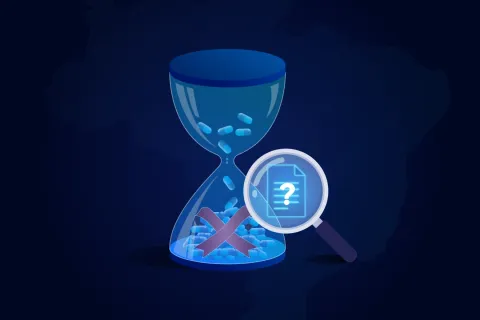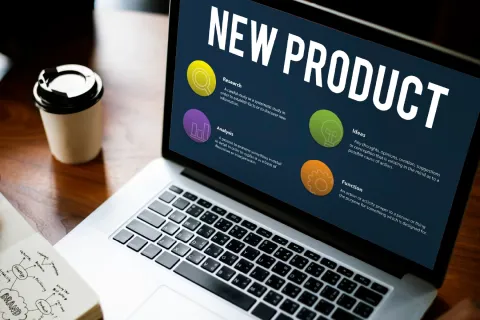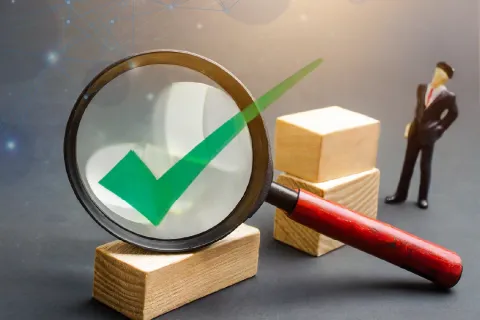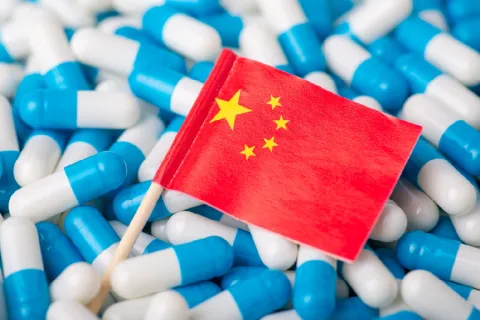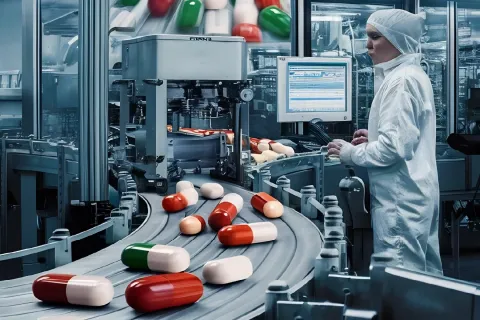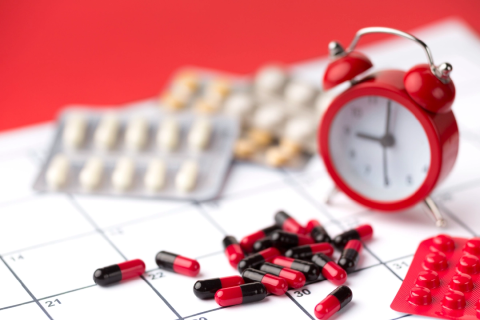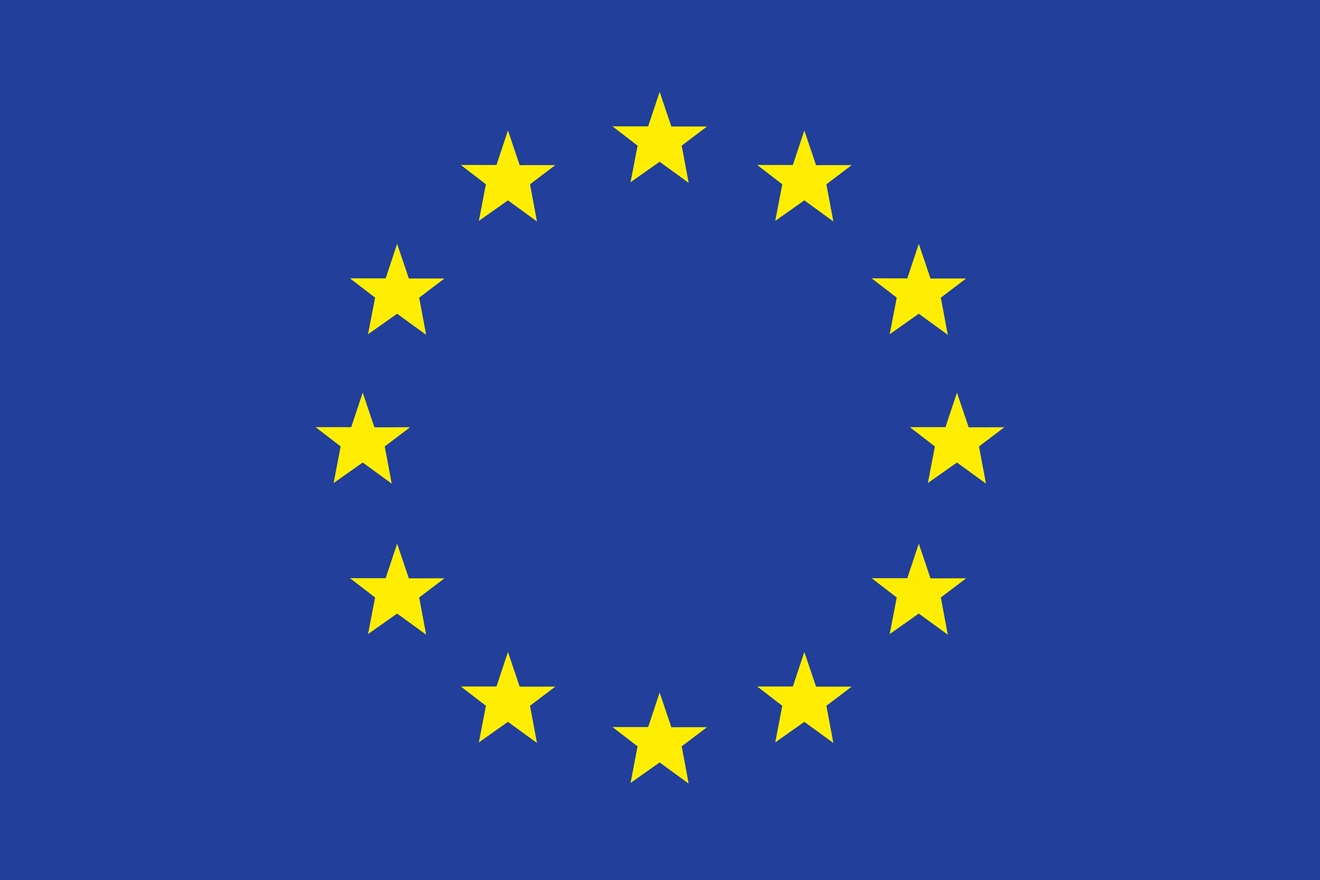
Thanks to the evolving global Regulatory landscape! Each country now has its own, defined regulations and requirements in governing the quality, safety, and efficacy of the medicinal products entering or being manufactured in their market. In this scenario, it is necessary for organizations to know about specific Regulatory requirements of their targeted markets. If their targeted market is EU, the first thing they should know about is the requirement and importance of a certified Qualified Person (QP).
As defined in the European Union’s (EU) legislation, Directive 2001/83/EC, Article 51 for Medicinal Products and Article 13 of Directive 2001/20/EC for Investigational Medicinal Products (IMPs), a QP is any licensed pharmacist, biologist, or chemist who has several years of experience working in pharmaceutical manufacturing operations and is based within the EU. Every sponsor company wishing to undertake trials in the EU or market a product in the EU must undergo the process of certification from the QP. Without the certification, no single batch of a finished pharmaceutical product or an IMP can be released for both sale and supply in the EU.
The QP will not only fulfill basic principles of certification but will also ensure that an appropriate Quality System is in place for the market-entry process. To operate as a QP in the EU, there are certain prerequisites that needs to be considered:
- QP has to be named by the Marketing Authorization Holder in the EU and must be registered/ accepted by the EU member state where the company resides
- QP has to be linked to an existing European Manufacturing Authorization and license [EU/European Consumer Centre (ECC)]
- QP must be registered by the authority of the respective EU member state (the requirements might differ from member state to member state)
As a key person in the quality system of the EU, key responsibilities of a QP include to check:
- Compliance of batch manufacturing as per market authorization requirements
- Product has been manufactured according to the GMP standards
- The principal manufacturing and testing processes of the products have been validated
- Account has been taken about the actual production conditions and manufacturing records
- Any deviations or planned changes in the production and quality control of the products have been authorized by the persons responsible as per the defined system
- Any changes requiring variation to the marketing or manufacturing authorization have been notified and authorized by the relevant authority
- All the necessary tests have been performed on the products, including additional sampling, and inspection initiated because of deviations or planned changes
- All necessary production and quality control documentation has been completed and endorsed by the authorized staff
- All audits are carried out as required by the quality assurance system
In addition to the above-mentioned key responsibilities, for medicinal products manufactured outside the EU, the QP ensures:
- each imported batch has undergone a full qualitative analysis and a quantitative analysis of at least all the active substances,
- all the other tests necessary in ensuring the quality of medicinal products as per the requirements of the Marketing Authorization (MA)
Though the role of QP changes with each EU member state, product quality remains to be common across the EU. In such cases, thorough understanding of the roles and responsibilities of the QP can de-risk the Regulatory hurdles and expedite the product’s time to market for organizations willing to enter the EU. Stay informed. Stay compliant.
